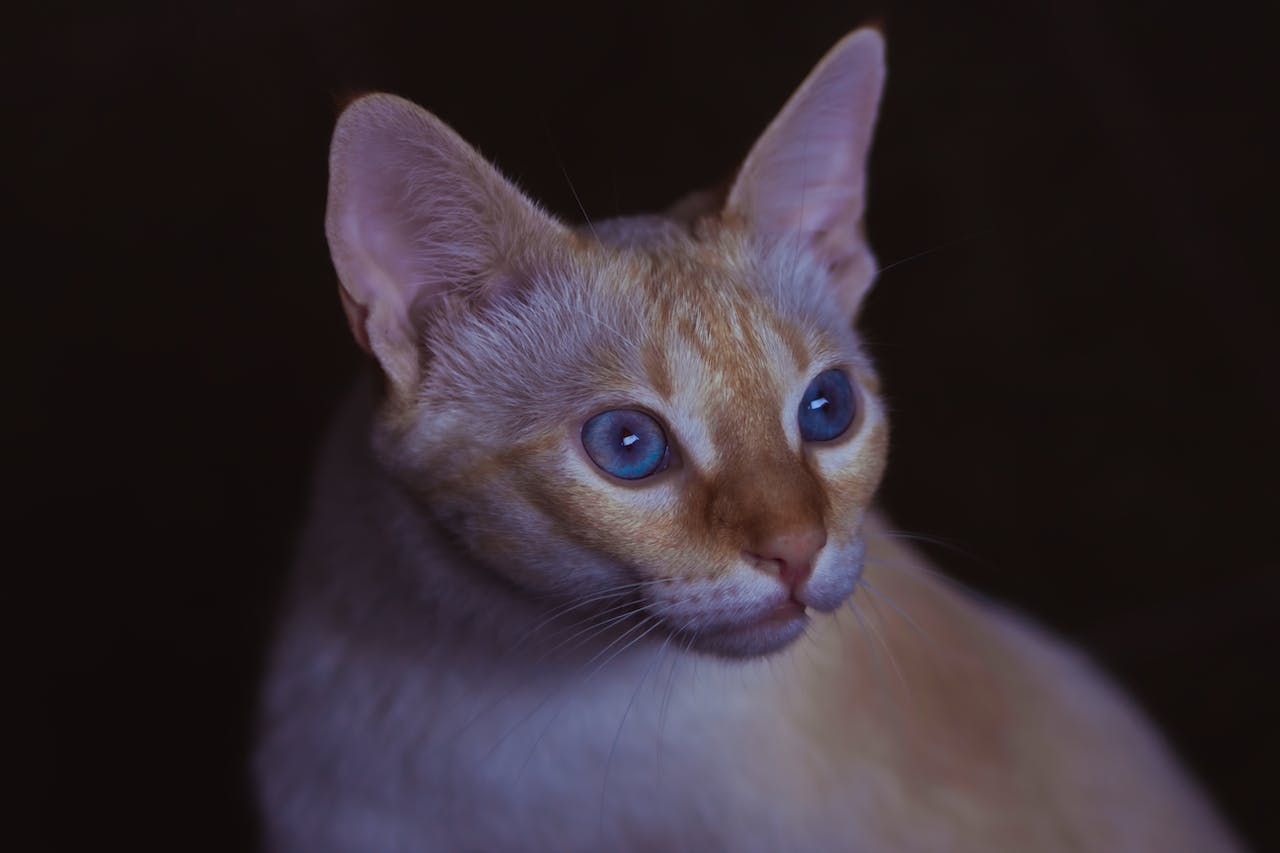Abyssinians are among the oldest domestic breeds of cats. They are intelligent and highly curious, spending much of their time investigating and leaving no area unsurveyed. Brimming with playfulness, these cats love to climb and jump, and will often take objects that grab their attention. Sometimes called Aby, this furball is renowned for its attachment to people, and has become a popular breed in the United States after it was first domestically bred in the 1930s.
Origin of the Abyssinian Cat
As its name suggests, the Abyssinian cat traces its roots to one of the oldest human civilizations, the country of Abyssinia, now Ethiopia. The breed was believed to be first introduced to the West when the British army personnel brought back the breed to Great Britain. In the 1860s, Lord Robert Napier had a military expedition to Abyssinia. In his return to England, she took an Aby with him and named it “Zulu.” Zulu was so popular due to its distinct coat, resembling the pattern of a wild rabbit. The cat became very popular, and soon Zulu was bred with other cats, giving birth to the first western Abyssinian.
Due to their popularity, it wasn’t long enough when Abyssinian cats were also bred in other parts of Europe, and Canada, and the United States. However, World War I and II also put the breed into oblivion and was only re-established after new Abyssinians were brought in the region. Another setback is the feline leukemia virus, which again ravaged the breed’s number, but was saved by another importation.
Physical Characteristics of the Abyssinian Cat
Length: 12 to 16 inches
Weight: 8 to 12 pounds
Life Expectancy: 9 to 15 years
Coat Color: Ruddy, Red, Blue, Fawn, Cinnamon
Type of Coat: Short
Eye Color: Green or gold
Abyssinian cats are often confused with a North African wild cat or wild rabbit at first glance but are genuine house cats. They are elegant, medium-sized cats, measuring 12 to inches, and weighing about 8 to 12 pounds. They have a powerful, slender built, agile body, and long, lean legs. The head is wedge-shaped, accentuated by small tufts on the tips of their long, pointed ear. Meanwhile, they have large almond-shaped eyes, which has either a green or gold tone.
A conspicuous feature of their short, tight-lying fur is its “ticking” pattern, characterized by bands of color shades on each hair, ranging from red-tan to bluish-gray. The “ticking” pattern can also be observed in wild rabbits of Africa, which was believed to serve as a camouflage for the Abyssian Cats, helping them catch prey or evade predators in their original environment. The average lifespan of the breed is between 14 and 15 years.
Abyssinian Personality
Despite their playfulness and vigorousness, Abyssinian cats are easy cats to have in anyone’s home. They have a natural liking to people and animals, and speedily establish bonds with the members of the household, often picking one individual as their favorite. These cats are active, always yearning for playtime and stimulation. Toys are good sources of entertainment, but the Abyssinians will also appreciate a decent period of recreation with their parents. They are affectionate and loving and will talk in a soft, quiet voice. A good rub or comb will initiate them to reward you with a fond purr. Lastly, Abyssinian cats are intelligent and will quickly learn tricks or be leashed trained for outside walks. However, be careful as they are highly curious, given that smarts, and along with their natural jumping ability, these cats can be seen in high perches exploring their surroundings.
Caring for the Abyssinian Cat
Abyssinian cats need relatively low maintenance. Their short, fine coat only leads to limited or light shedding, so there’s no need to groom them daily. A weekly combing using a steel comb would suffice in removing dead fur, dander, or debris. While it is not required, bathing an Aby during the shedding season may aid in the reduction of any loose hair.
Similar to other cats, it is vital to establish a regular oral health routine to protect an Abyssinian’s dental health. Brushing their teeth daily is ideal, but once per week is enough to veer them away from developing periodontal disease.
When it comes to their conspicuous long, pointed ears, a weekly check for debris, dirt, or signs of infections is recommended. Use any soft cotton cloth to clean up any wax buildup or dirt. Prevent using cotton swabs as they may damage the ear’s inner structures. However, should there be any signs of infections, such as reddening, inflammation, weird smell, make sure to have it immediately checked by a veterinarian.
As active and playful cats, Abyssinians need cat toys to keep them busy. However, they also need to spend time with their parents a few minutes a day to engage in interactive activities. These cats are highly intelligent and learn tricks easily should it be given more training. Meanwhile, wall-mounted shelves or cat trees are also great investments as they are natural jumpers, and would love high places wherein they can perch.
Dietary needs vary depending on the age, sex, and activity level of the Abyssinian cat. It is essential to refer to the feeding guide on the cat food brand’s label or consult a veterinarian for their feeding requirements. Keep in mind that overfeeding a cat may result in serious conditions, such as obesity.
Abyssinians are also vulnerable to pyruvate kinase deficiency. It is a hereditary condition that affects an enzyme regulating the metabolism of energy in the red blood cells. The disease is similar to anemia, with various symptoms, such as pale gums, jaundice, and lethargy. A reliable test is done to determine if the cat is susceptible to the disorder. Other health issues linked to the breed include progressive retinal atrophy, amyloidosis, and patellar luxation. A regular checkup may lead to earlier detection or prevention of such conditions.
If kids are present in the house, Abyssinians are intelligent enough to keep away from infants or toddlers. They love school-age kids, which have the same level of energy and inquisitiveness. Dogs don’t scare them and will treat them as good furry friends as long as they don’t cause them any issues. They are also known to go along with other animals but must be first introduced with each other in a controlled environment.
Abyssinians are perfect for people who are looking for intelligent and playful companions in their homes. They are affectionate and quickly bond with people. Just make sure to devote them ample time to keep their curious minds amused.

